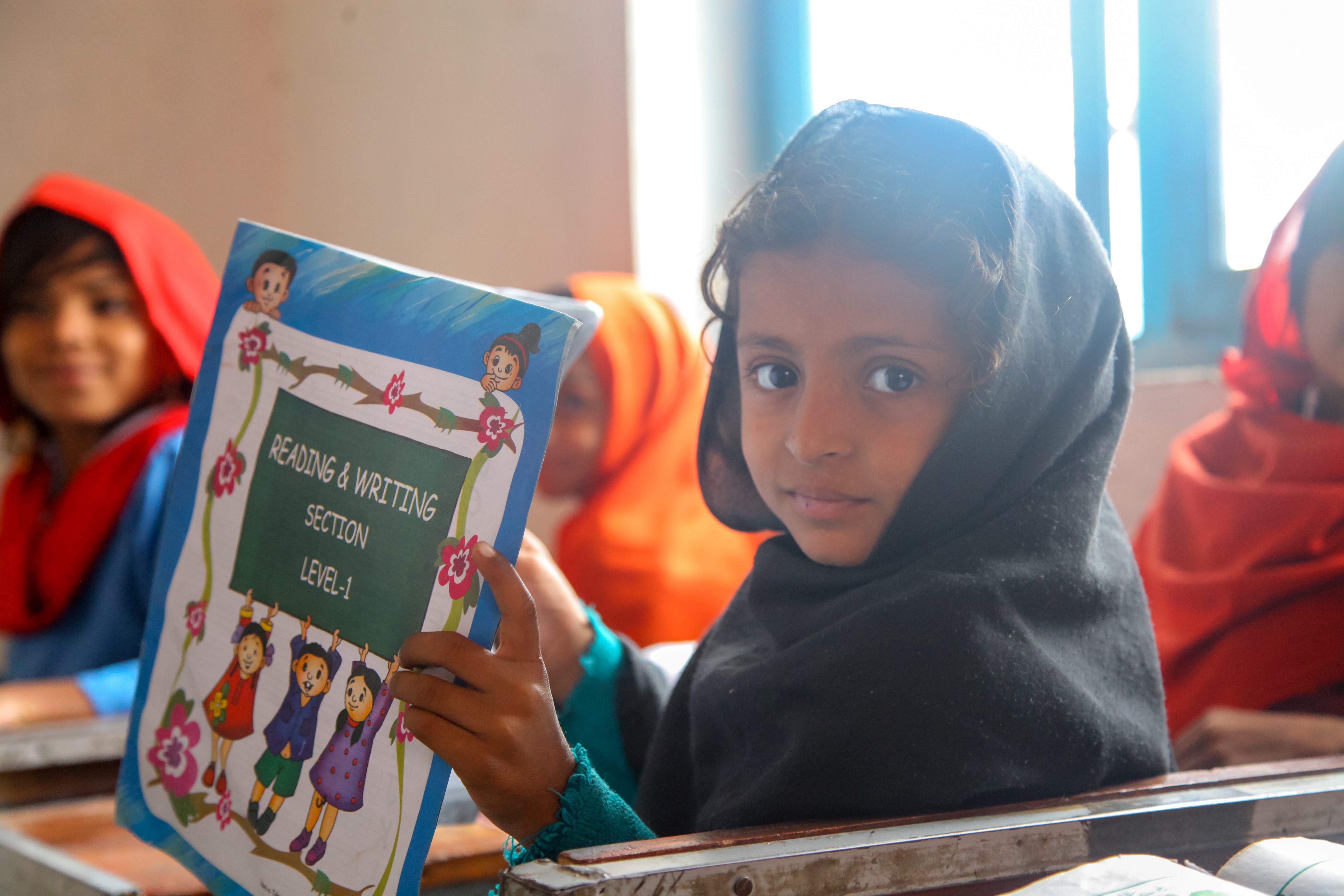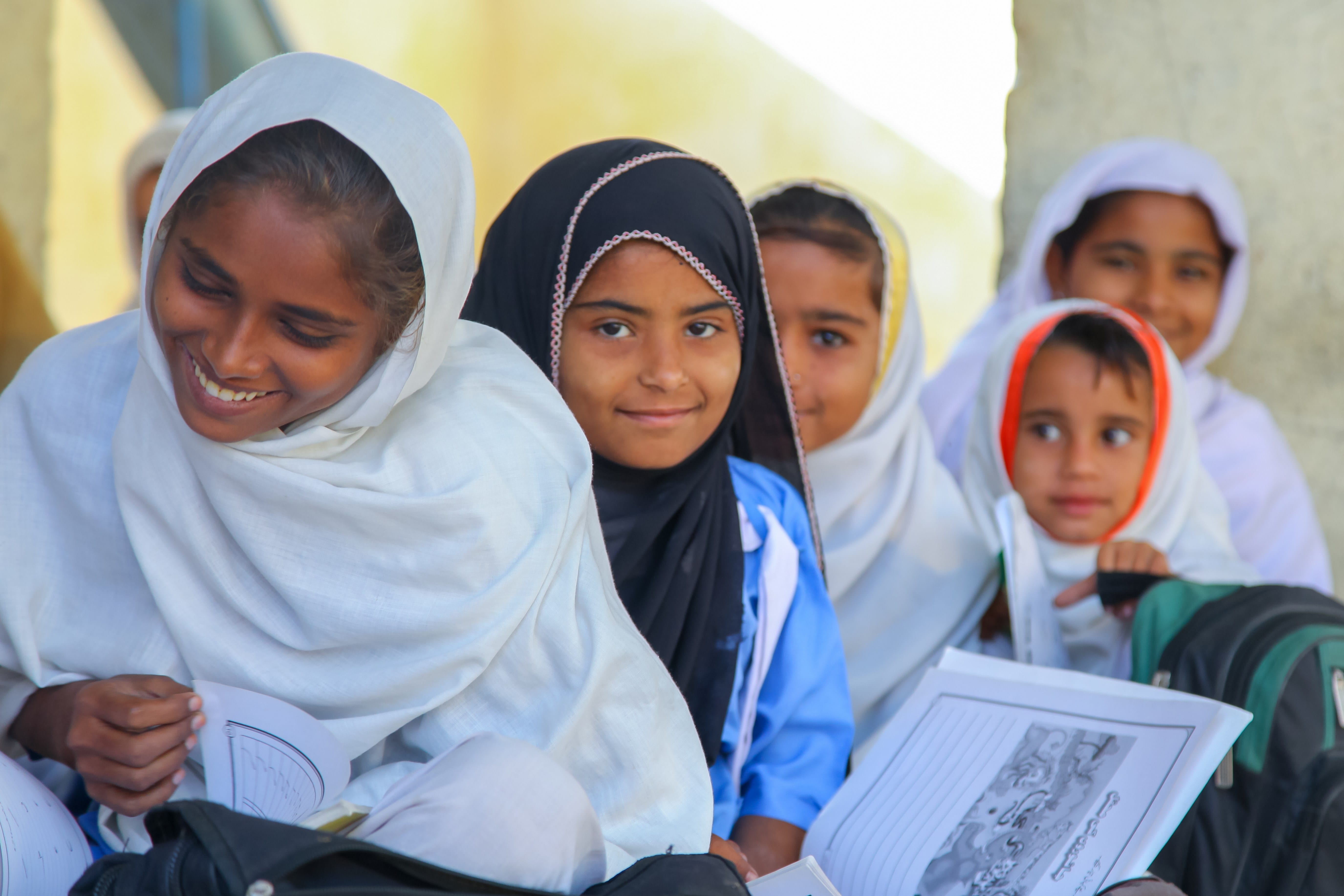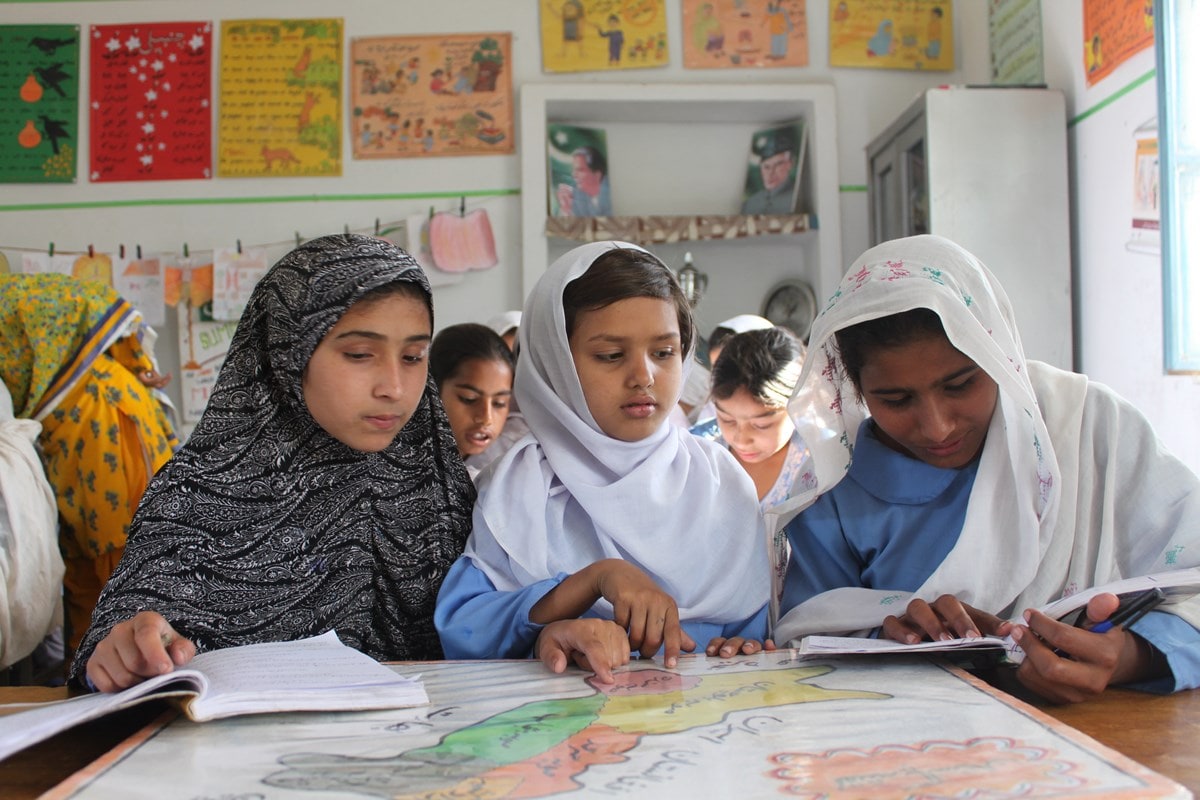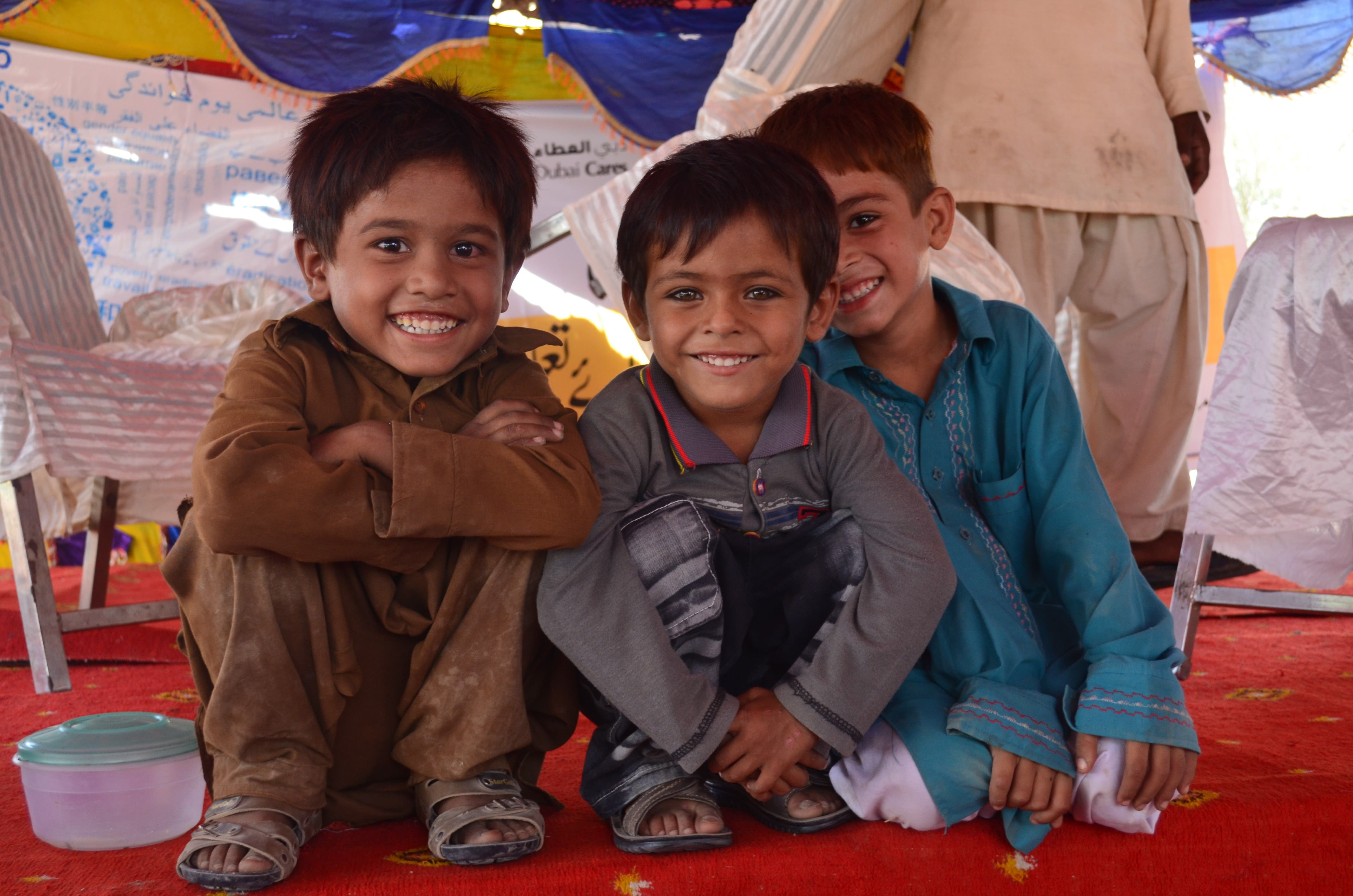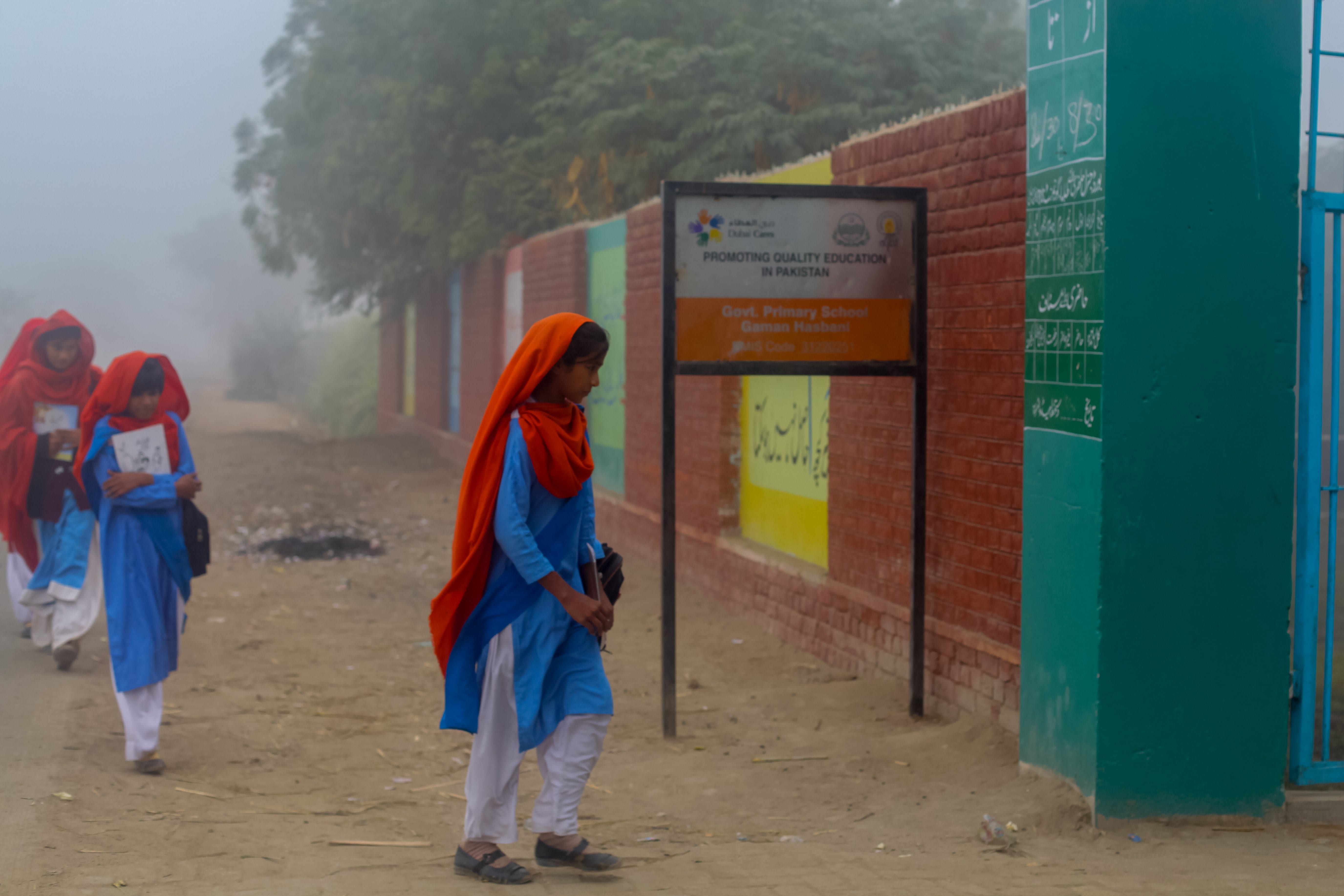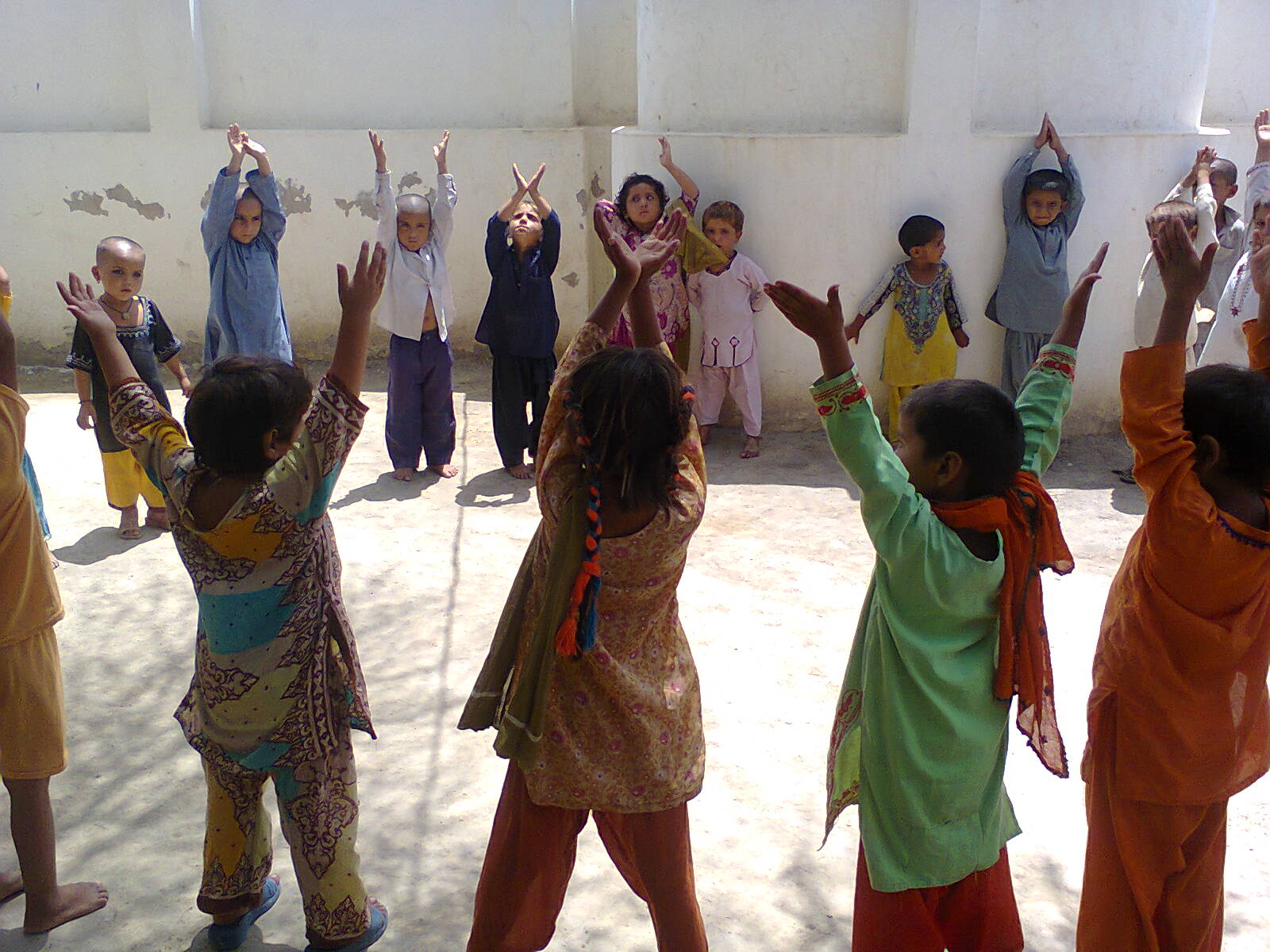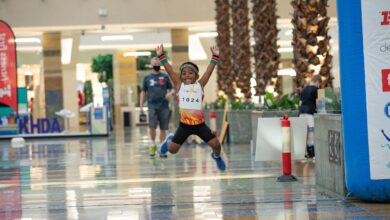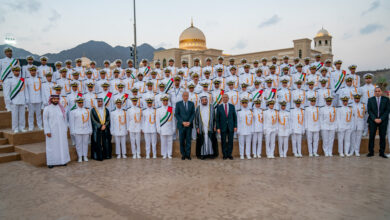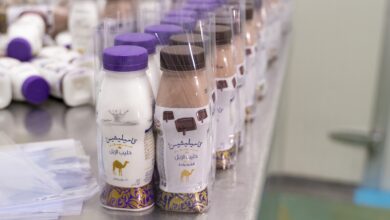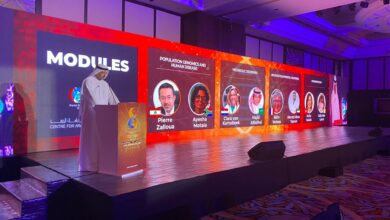Dubai Cares’ program in Pakistan marks a new milestone with 55% increase in pre-primary enrolment and 61% transition to primary school
* The AED 19.7 million (USD 5.3 million) program impacted 431,372 school children across 438 schools in 3 provinces
* Dubai Cares supports a new research to address female youth unemployment and lack of early childhood care services
Dubai, United Arab Emirates
Sallam Sallam
Dubai Cares, part of Mohammed bin Rashid Al Maktoum Global Initiatives, has successfully completed a 3-year program in Pakistan which has resulted in significant improvement in learning outcomes, enrolment and transitions from pre-primary to primary education among 431,372 school children. The AED 19,780,082 (USD 5,384,533) program was implemented in Punjab, Sindh and Baluchistan provinces in partnership with Idara-e-Taleem—o-Aagahi (ITA)
To achieve holistic experiential learning among children and to promote children’s transition from pre-primary to primary education, the program focused on establishing Early Childhood Education (ECE) in government schools and providing accelerated learning and support for out-of-school children. Moreover, the program focused on generating a culture of reading among children to improve learning and citizenship across schools in Pakistan. It also focused on building the capacity of teachers in hard- to-reach areas through a Teachers Without Frontiers model, and influencing the public policy on education and girls’ rights to education
Commenting on the program and its outcomes, Annina Mattsson, Programs Director at Dubai Cares, said: “Across the three provinces in Pakistan where the program was implemented, 58% of children aged 6-12 could not read a single English letter or word, but towards the end of the program, 70% of the participating children were reading words, sentences or stories. We are very proud of what we have been able to achieve through this program, particularly the positive life-changing experiences that are emerging as a result of its various components and activities, such as the acquisition of foundational learning skills and the development of a solid environment to pursue education. Our program, in partnership with ITA, has made a significant and positive impact on the children’s learning outcomes and enrolment rates and has paved the way for them to flourish throughout their education journey”
A recent independent external evaluation of Dubai Cares’ program in Pakistan, carried out by Altamont Group, has shown a 55% increase in pre-primary enrolment across 438 schools and an average of 61% transition of children from pre-primary to primary education. It also showed how the program has created a significant impact among out-of-school-children in Pakistan through the Learning for Action learning camp component, which was organized in 556 schools and provided literacy and numeracy support to 21,719 out-of-school-children and 13,541 at-risk students (just over half of whom were girls). In terms of numeracy, only 19% of out-of-school-children could
identify numbers to 99 at the baseline, which rose to 35% at the endline; and only 1% of out-of-school-children could do simple addition before the program, which rose to 31% after the program. Many of the children were subsequently mainstreamed into schools and ITA reports an upward trend in enrolment of 55% in schools supported by Dubai Cares
Baela Raza Jamil, CEO ITA said: “The support extended by Dubai Cares to Pakistan has been strategic and instrumental in transforming the educational landscape of the country. The program was well aligned with national and provincial priorities as articulated in the sector plans for ECE in early learning preparedness, accelerated learning opportunities for out-of-school children, support for missing facilities, teacher training including blended professional development and the innovative children’s literature festivals in hard-to-access areas. The program contributed towards achieving the SDG 4 targets and right to education as a fundamental constitutional provision. We thank Dubai Cares for its generous support and look forward to working together in the near future”
Dubai Cares has also announced that it will commit AED 7,714,350 (USD 2,100,000) over three years towards research to evaluate an early childhood care and education (ECCE) and female skills development program in Pakistan tilted LEAPS (Youth Leaders for Early Childhood Assuring Children are Prepared for School), which is developed and piloted by the Harvard T.H. Chan School of Public Health in partnership with the National Commission for Human Development (NCHD). Dubai Cares’ support to the research will generate evidence on the impact of large-scale implementation of the LEAPS model on children’s school readiness and female youth development. The research will furthermore assess the feasibility, quality and cost effectiveness of the LEAPS model, as well as the readiness of the National Commission for Human Development (NCHD) to uptake LEAPS for sustainable-scaling and replication to other provinces in Pakistan. The results of the research will also inform the Government of Pakistan about how to strengthen their community-based ECCE, while simultaneously strengthening their youth vocational training systems
Commenting on the research support, Mattsson said: “This investment reflects our commitment to supporting Pakistan’s education sector to prepare the next generation with the knowledge and skills to contribute to the social and economic development of their country. This research will provide critical evidence and guidance for rolling out ECCE and female youth development strategies in wider Pakistan”
Pakistan remains off track to meet education targets set by the SDGs, which pledge amongst others, to ensure inclusive and quality education for all and to promote access to lifelong learning. According to UNESCO’s Country Programing Document 2013-2017 on Pakistan, the problem in education is more glaring along gender lines, where fewer than half of the country’s females ever go to school. Such a disparity exists due to societal customs that prevent girls from leaving their homes, fewer schools and colleges for women, early marriages and lack of employment opportunities for women after education. Furthermore, large discrepancies in access to quality education exist between provinces and rural areas due to low socio-economic status of communities. In Pakistan girls, children living in rural communities, and children from
the poorest households face many barriers to access ECCE services. Low access and quality in ECCE services are compounded by a lack of a skilled ECCE workforce
